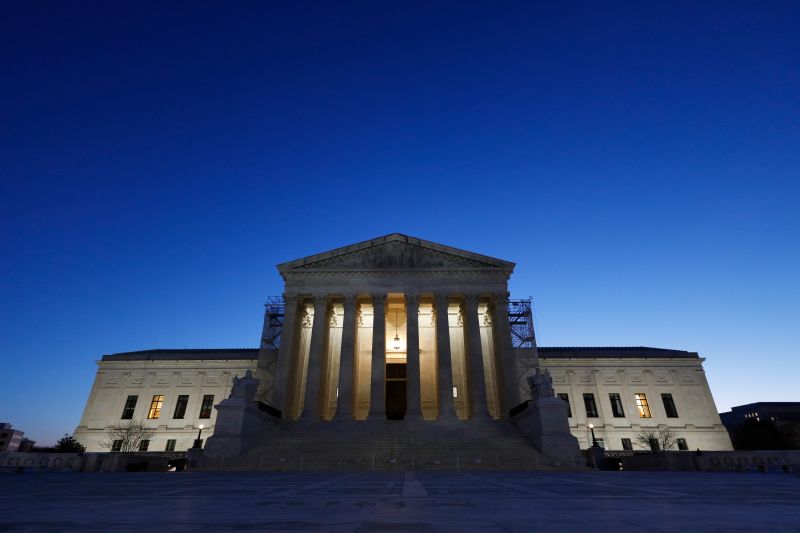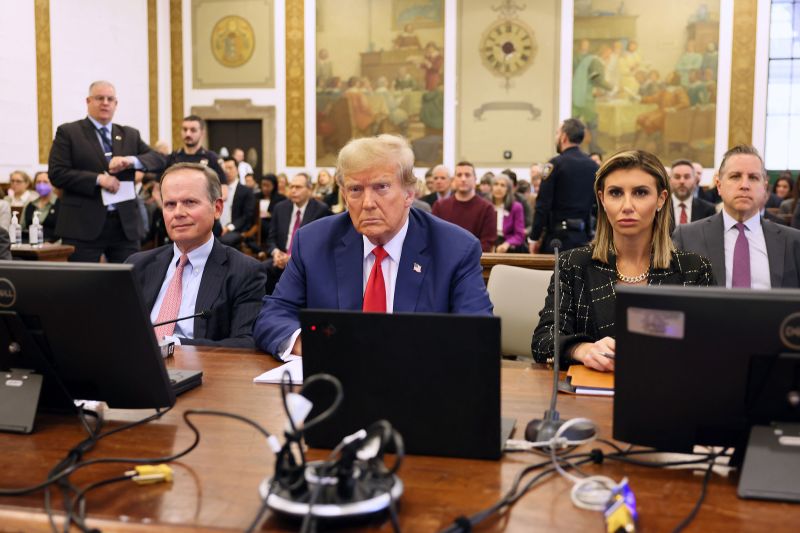
The Unprecedented Legal Battle: Trump's 14th Amendment Challenge

Exploring the intricate legal battle surrounding former President Donald Trump's disqualification from office under the 14th Amendment.
The Historical Context of the 14th Amendment
In a momentous legal showdown, the Supreme Court is poised to deliberate on the efforts to disqualify former President Donald Trump from holding public office due to his involvement in the January 6, 2021, insurrection.
The focal point of this case is the rarely invoked 'insurrectionist ban' embedded in the 14th Amendment, a lingering artifact from the Civil War era that has resurfaced amidst the tumultuous events at the US Capitol.
A general overall exterior view of the Supreme Court building at dawn, Sunday, Jan. 21, 2024, in Washington. (Aaron M. Sprecher via AP)
Legal Ramifications and Interpretations
The 14th Amendment explicitly states that individuals who have sworn allegiance to the Constitution but engage in insurrection are barred from holding future public office, as per Section 3 of the Amendment.
Former President Donald Trump sits in New York State Supreme Court during his civil fraud trial on January 11, 2024 in New York City.
However, the enforcement and interpretation of this ban have sparked a contentious legal debate, particularly surrounding the definition of 'insurrection' and the extent of political violence that warrants disqualification.
Historically, the insurrectionist ban was wielded against former Confederates in the 19th Century but has remained largely dormant since 1919, adding to the complexity of its application in contemporary contexts.
The Origin and Progression of the Case
The legal battle commenced when a watchdog group, CREW, initiated a lawsuit in Colorado state court, representing a coalition of Republican and independent voters led by the venerable Norma Anderson.
Their litigation aimed to compel the removal of Trump's name from the Colorado GOP primary ballot, triggering a cascade of legal maneuvers and judicial deliberations that have embroiled state and federal courts.
While the physical presence of Trump's name on the ballot is inevitable, the pivotal question lies in the validation of votes cast for him, a decision that rests in the hands of the Supreme Court.










